
Air New Zealand, Wellington Airport, Toyota New Zealand, and Hiringa Energy are partnering in a trial to bring hydrogen vehicle charging to the airline’s electric tugs and service vehicles.
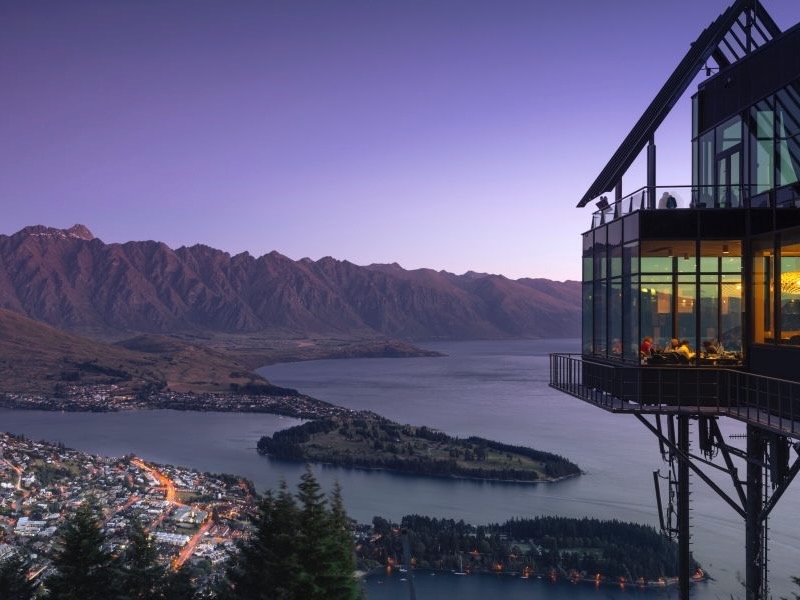
The impacts on sustainability and infrastructure are among Queenstown Lakes residents’ top concerns when it comes to tourism, according to a new survey.

The Overseas Investment Office has granted approval for Contact Energy and Lightsource BP Renewable Energy Investments to lease approximately 295 hectares of land from Christchurch Airport to develop a solar farm.
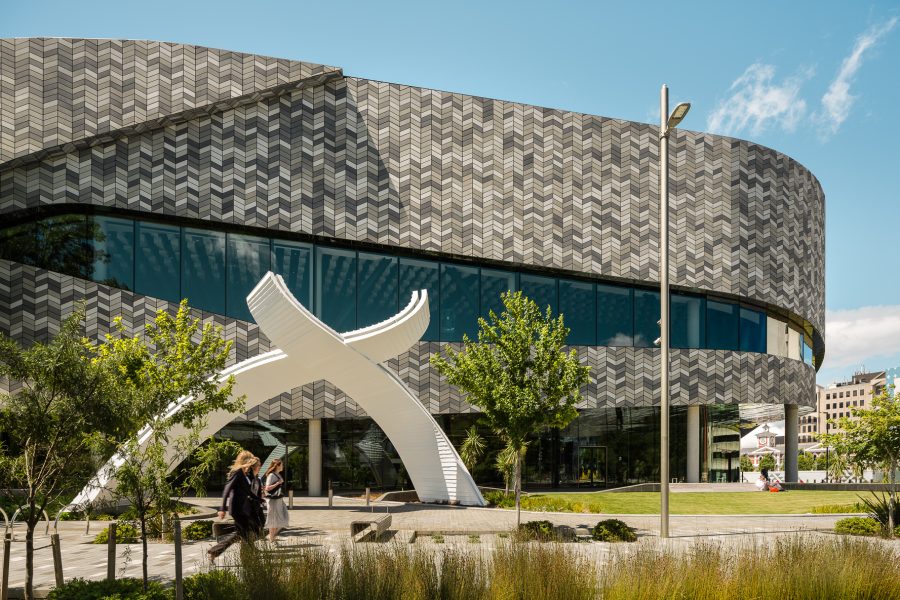
Te Pae Christchurch Convention Centre says it has been Toitū net carbon zero certified for the 12 months since it committed to the mission.

Tourism Holdings is resuming trials of electric motorhomes with new Ford EVs about to hit the road.

Accor is working to certify all of its New Zealand hotels, resorts and apartments as Qualmark Gold Standard Sustainable Tourism Businesses.
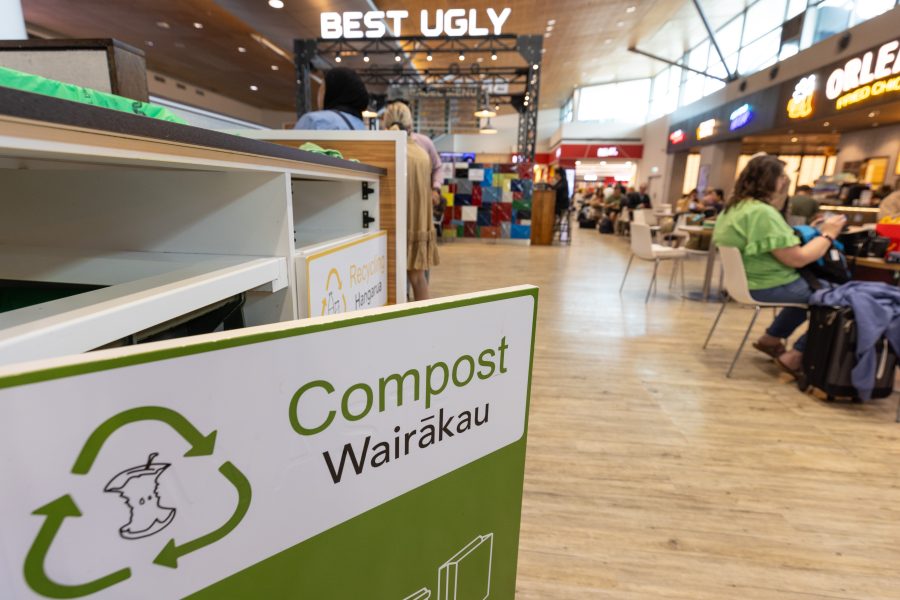
Auckland Airport is expanding its food waste composting scheme at its domestic terminal to now include some parts of the food and beverage areas of the international terminal.
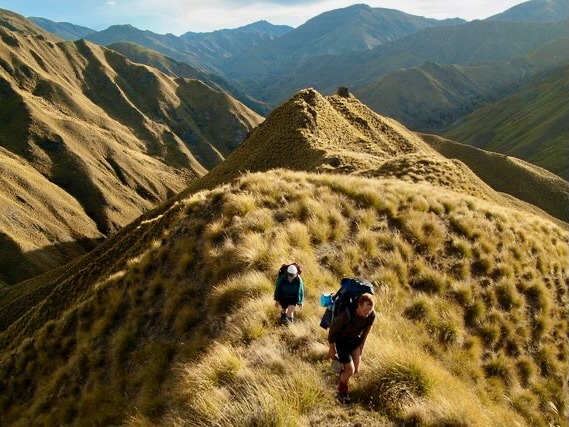
The Sustainable Trails Conference is returning to New Zealand for the first time since 2019.

The provision of greater e-bike access in national parks and rural areas can benefit sustainability, writes UK researcher Ian Philips.

Marlborough Airport is inviting the public to submit their thoughts on its sustainability journey.

Ngāi Tahu Tourism-owned Guided Walks New Zealand has been awarded the Gold Sustainable Tourism Business Award by Qualmark.
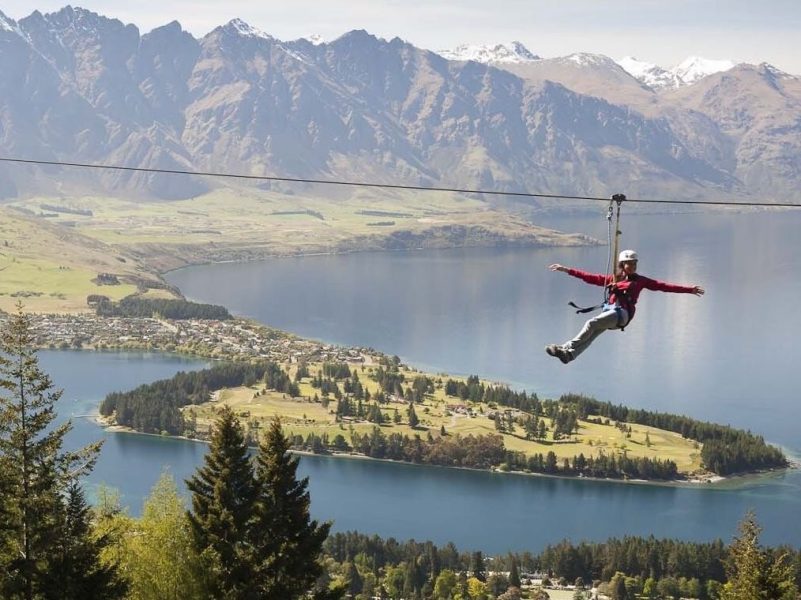
NZ should create a sustainable brand narrative and ensure there are credible hero products to meet growing visitor demand.
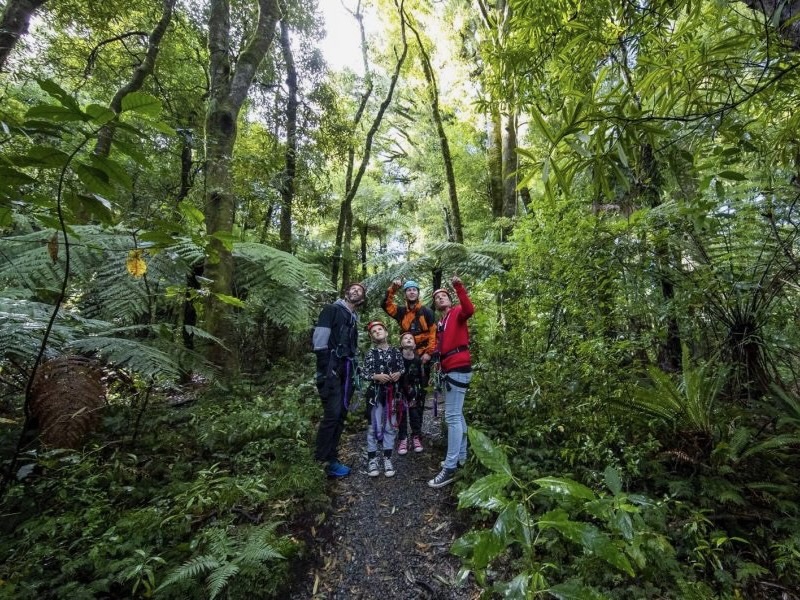
Rotorua Canopy Tours has achieved the internationally-recognised BCorp status, making it one of only five New Zealand travel and tourism businesses to receive certification.
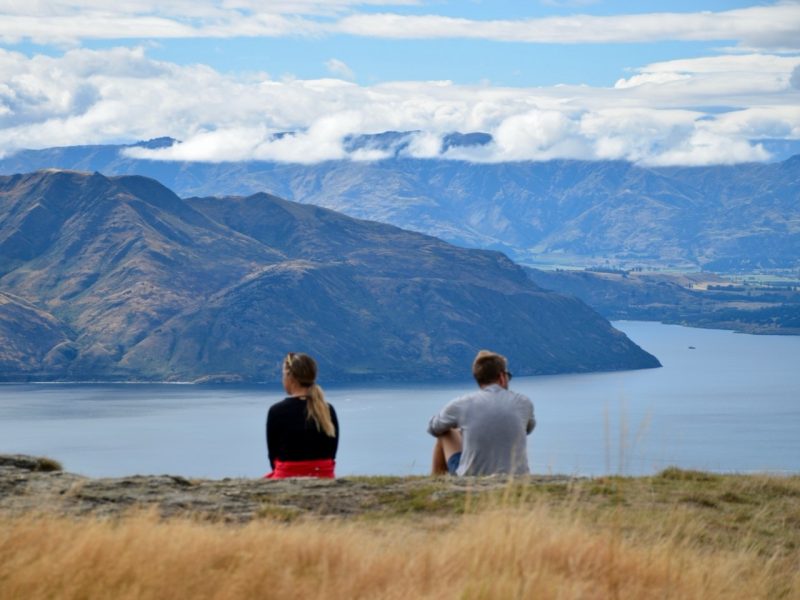
A survey of Central Otago residents shows strong support for sustainable tourism and focusing on visitor value but little enthusiasm for more tourists and the proposed Tarras airport.
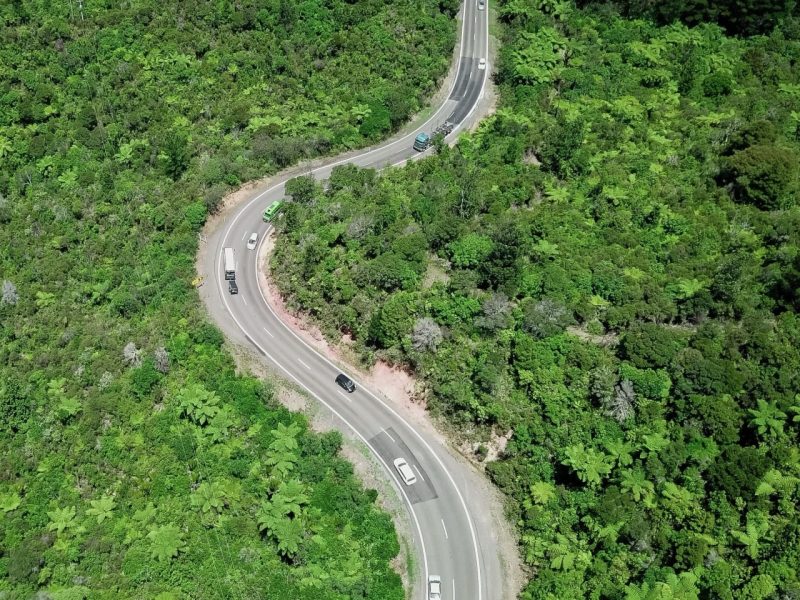
The number of tourism businesses measuring their carbon footprint has grown by 12%, according to Tourism Industry Aotearoa.

What should the priorities be for operators and industry groups for the year ahead?
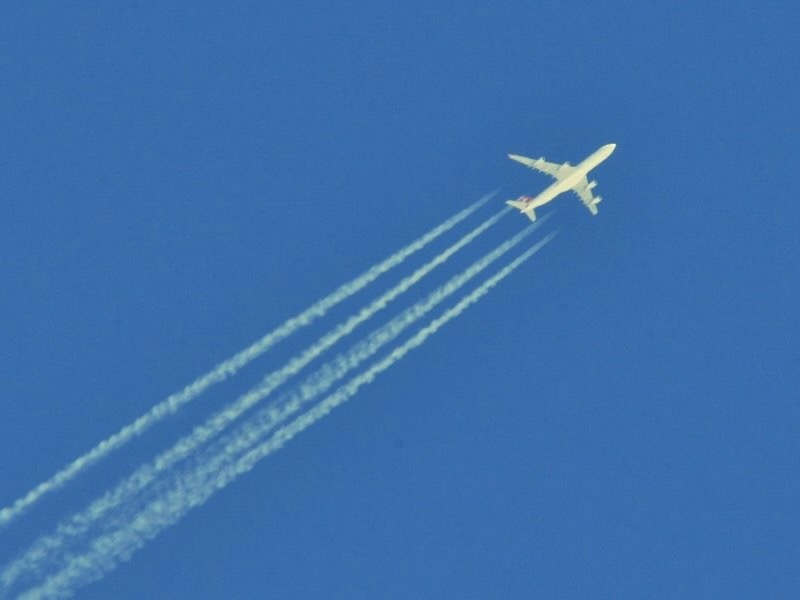
The industry is making progress but more commitment is needed from leaders to confront the challenge and drive innovation.

Snow production is a relatively small contributor to the global ski industry’s carbon emissions – it is the associated tourism that must adapt as the world warms.

More can be done by travel and tourism businesses to reduce water use, according to a WTTC analysis.
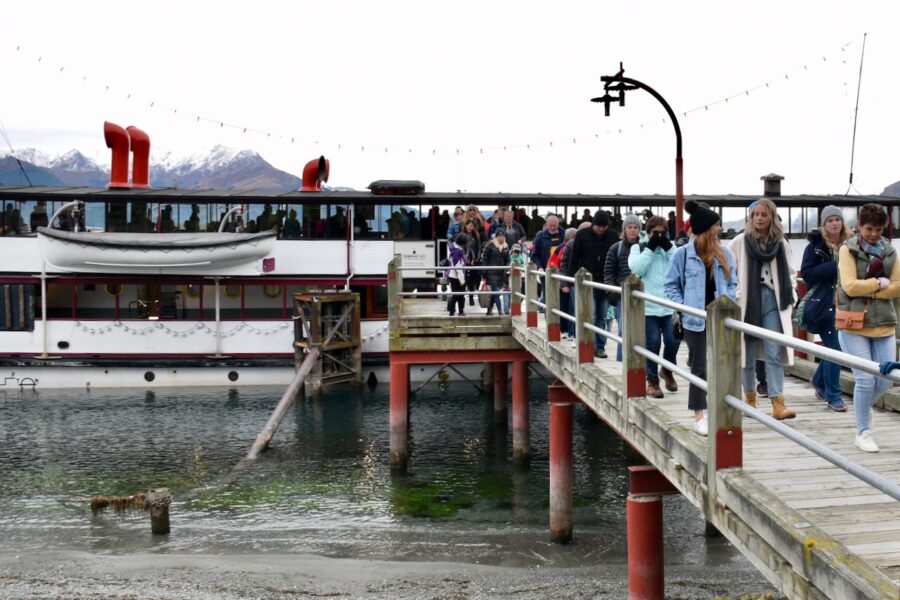
RealNZ has launched two new experiences for smaller groups but at an increased yield.
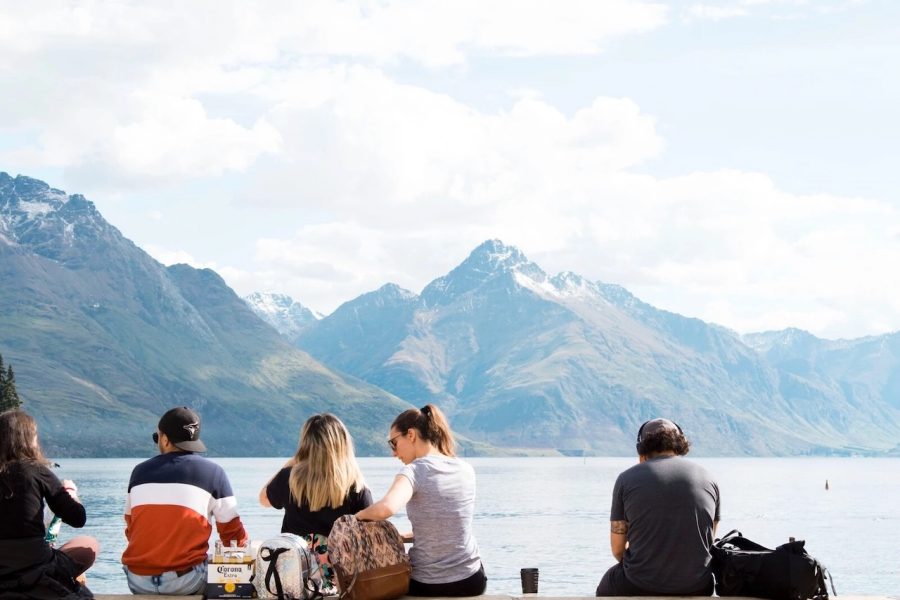
There is a tension in tourism between the economic benefits travellers bring and their environmental impacts but there are ways the public and private sectors can work together to create positive change, according to Visa’s global head of merchant sales and acquiring, Jennifer Munday.
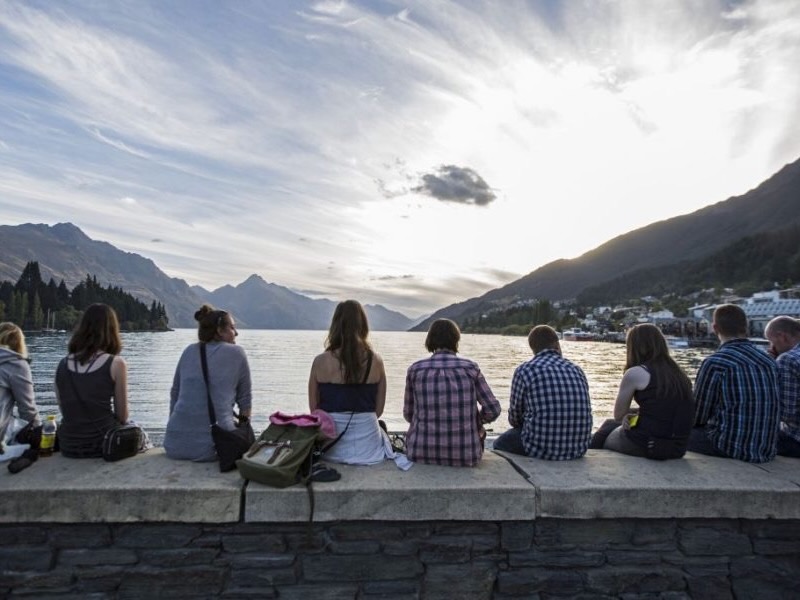
The global operator says its community focus enables a “huge” opportunity in destinations like New Zealand.
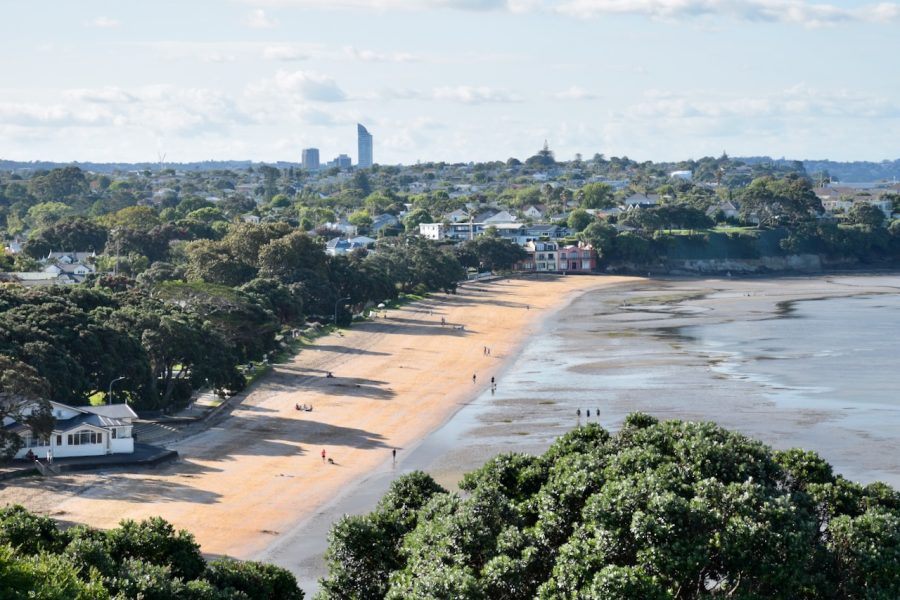
Tātaki Auckland Unlimited’s emissions totalled 5324 tCO₂e in its year to 30 June 2023.
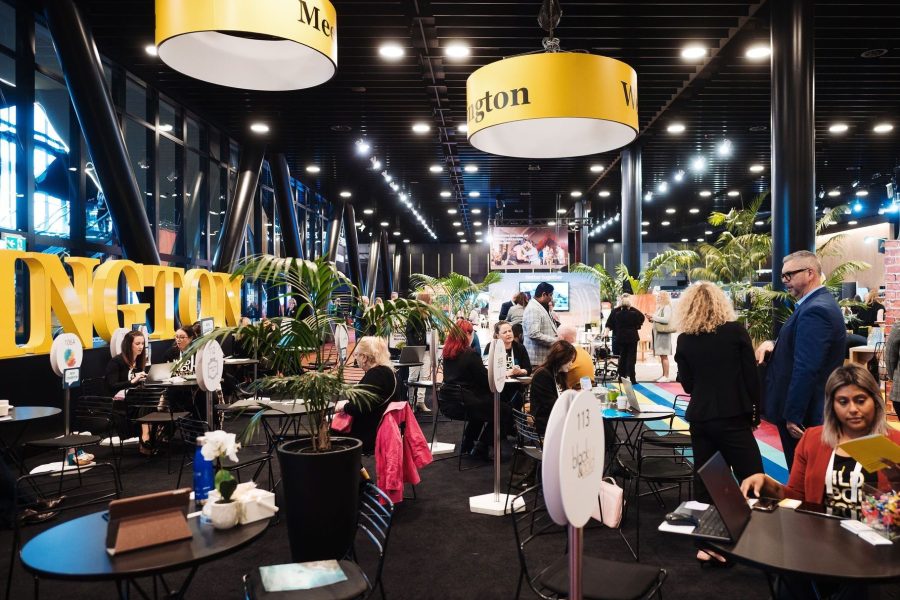
The event achieves Toitū net carbonzero certification, showcasing the association’s efforts to lower emissions across the industry.

‘Carbon passports’ that limit the amount of travel could be seen as an extreme measure but the world is already on the verge of change, writes the University of Westminster’s Ross Bennett-Cook.

QAC says it has cut emissions by almost two-thirds compared to 2019 but it does not yet measure the impacts of airlines flying to the airport.
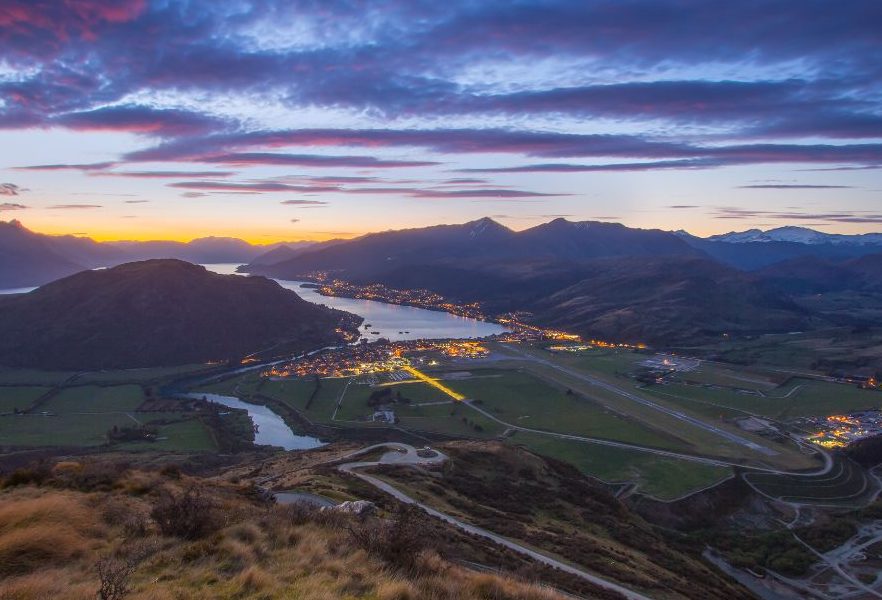
The airport first sponsored the event to help the event become zero-waste, and also funded the DISHrupt reusable cutlery and dishes initiative this year.
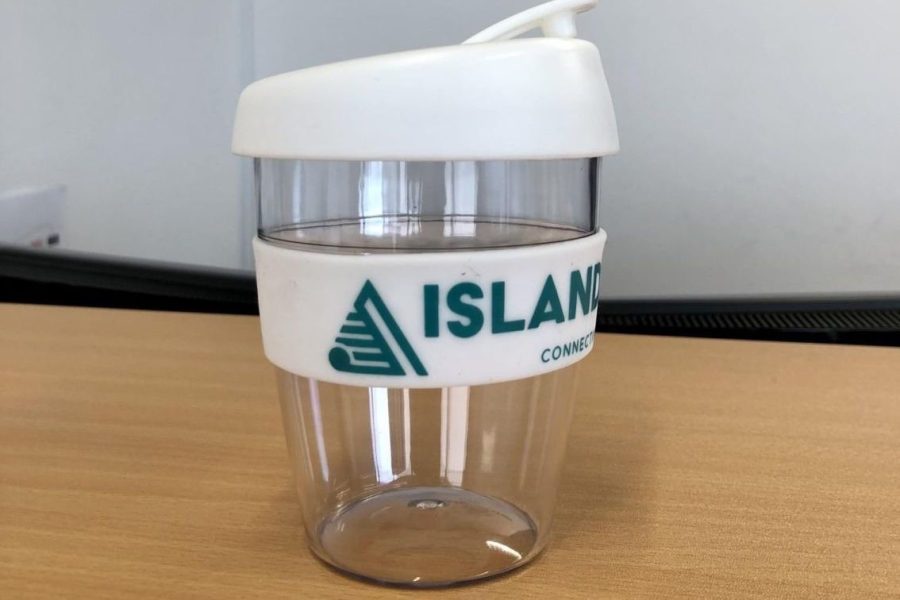
Island Aviation is introducing reusable cups on its flights between Auckland’s North Shore and destinations around the Hauraki Gulf including Great Barrier Island.
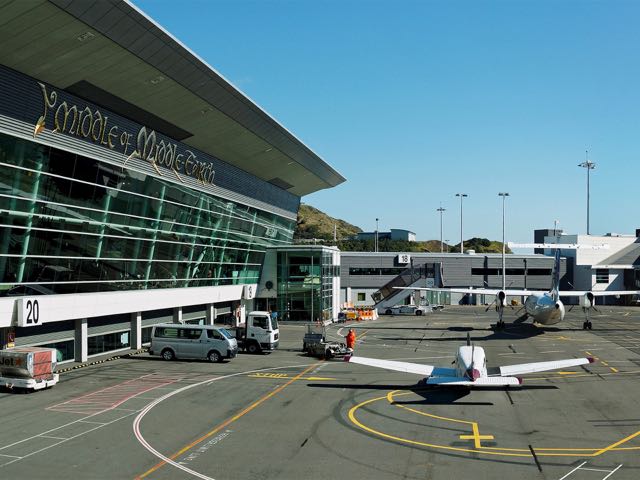
Wellington Airport has been rated one of the top five airports in the world for sustainability by enterprise, social and governance assessment firm GRESB.
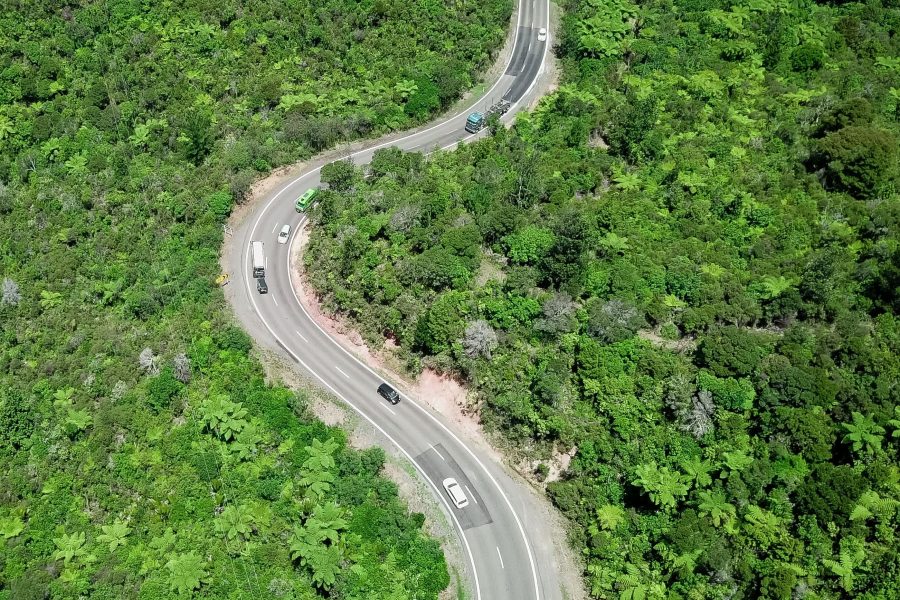
Growing demands for sustainability disclosures present challenges for tourism, write Christopher Imbsen from the World Travel & Tourism Council and Dan Darcy from management consultancy Oliver Wyman.
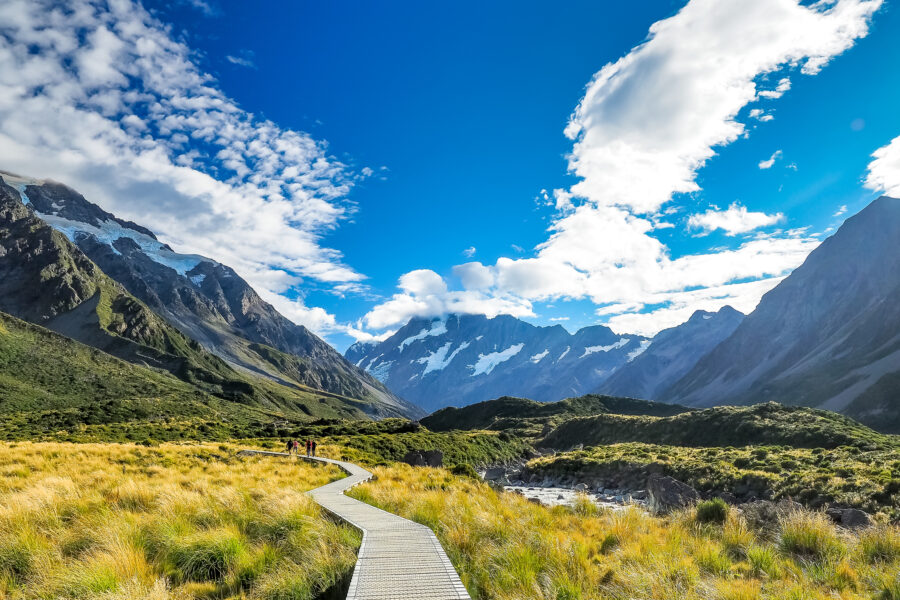
Work has been completed on the development of a new sustainability measurement for tourism.

Making inroads toward sustainable tourism is possible but will require enormous global effort to make it happen at scale.

As tourism seeks to become more regenerative, it is equally crucial visitors follow suit.

Where there are issues, it is not often tourism itself but the management of it that needs to be addressed.
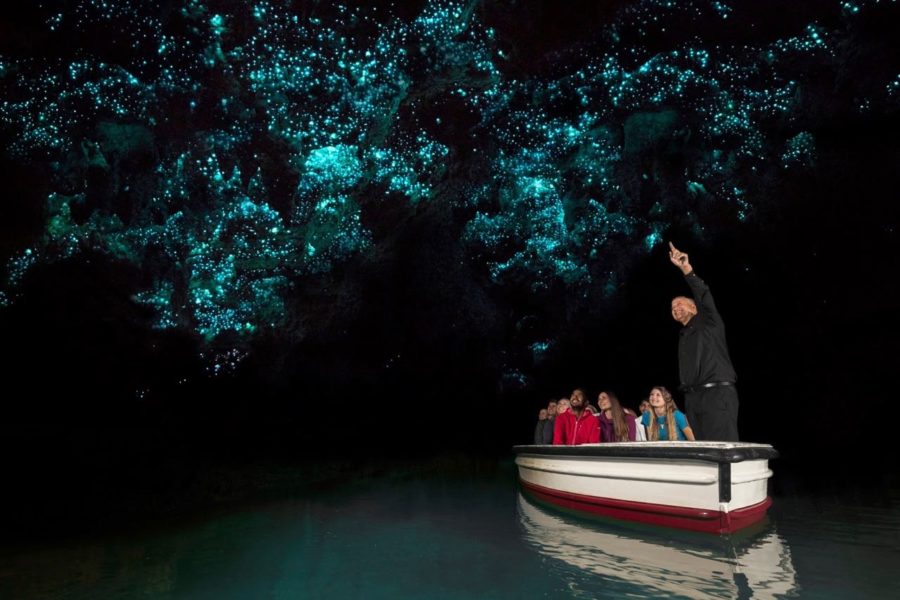
The operator will not allow large tour groups to return to its popular glowworm caves attraction.
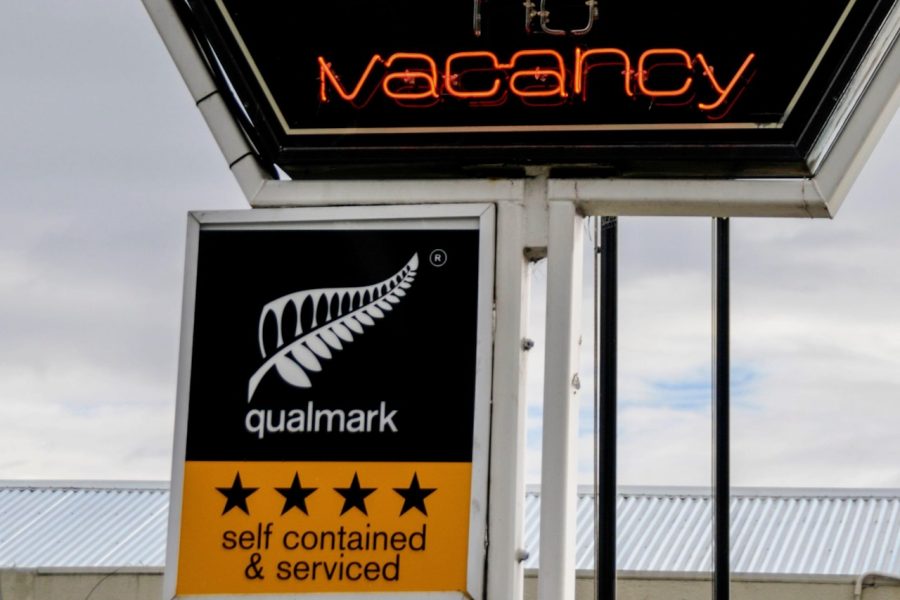
The Qualmark Sustainable Tourism Business Criteria has achieved recognition from the Global Sustainable Tourism Council for its efforts to meet global standards of sustainability.
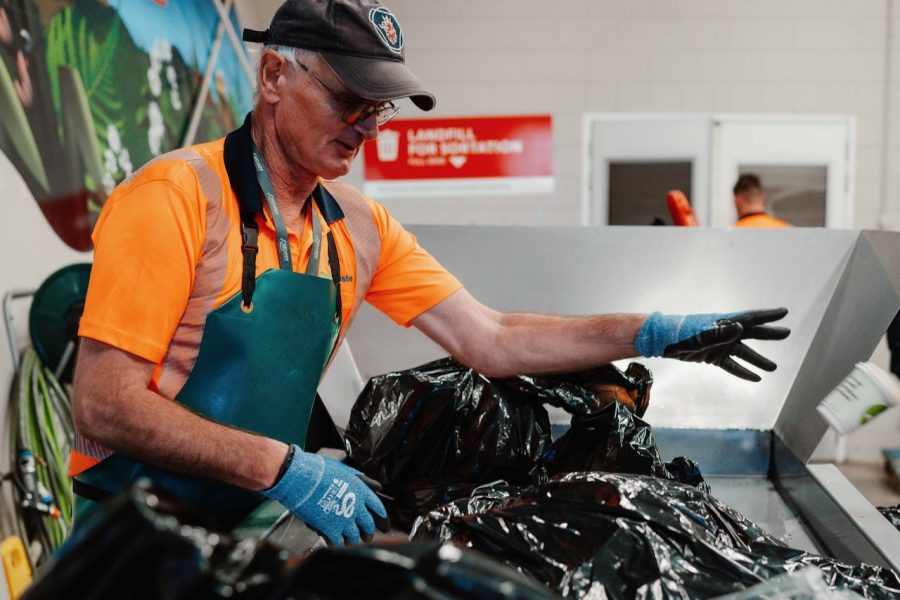
The Airports Council International Asia-Pacific has awarded Christchurch Airport the Green Airports Recognition 2023 and the Airport Carbon Accreditation – Mentor.
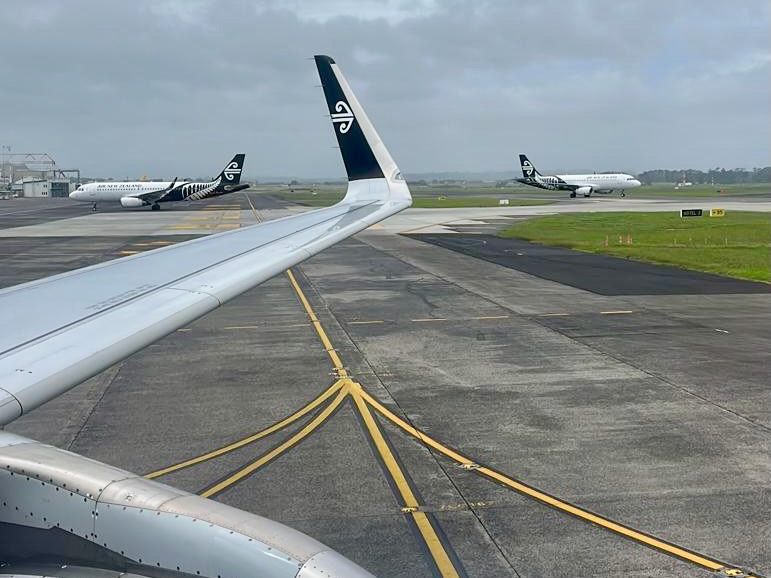
There are mixed results from Air NZ and Auckland Airport as they grapple with sustainability while travel ramps up.
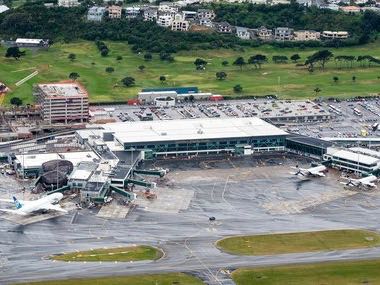
Wellington Airport has taken the first step to gaining independent validation of its net zero emissions by 2030 and absolute zero by 2050 targets.
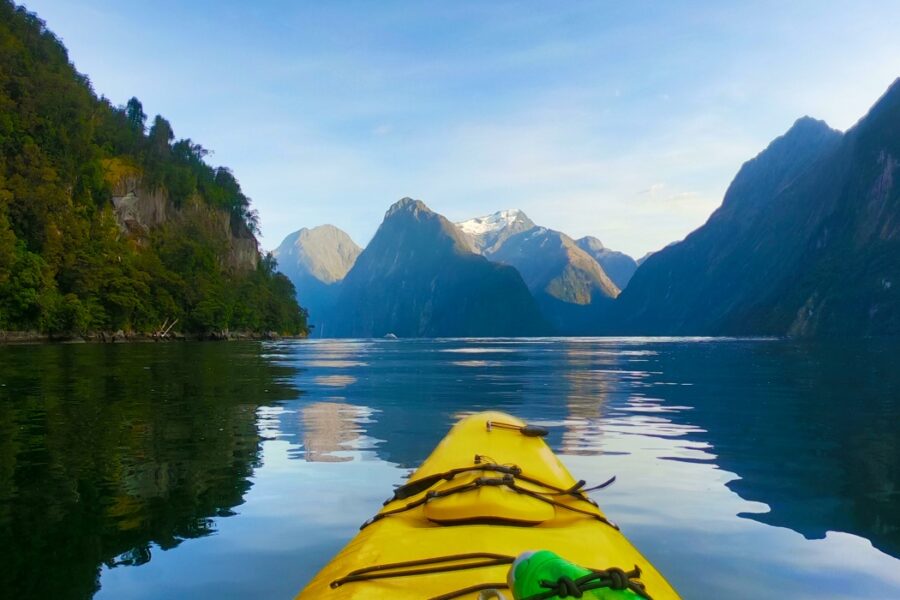
The new TIA-led strategy also calls for more equitable funding and sets a number of goals for the sector.

Electrify heat or electrify transport – those are the two options tourism operators have to reduce their climate emissions, says Malcolm Johns.
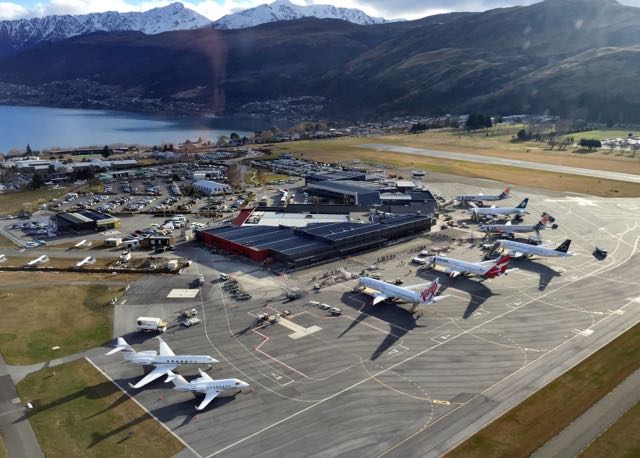
Queenstown Airport Corporation has converted its $100m bank lending facilities to sustainability-linked loans.

The Ticker asks TIA whether operators should be more accountable to its Tourism Sustainability Commitment.
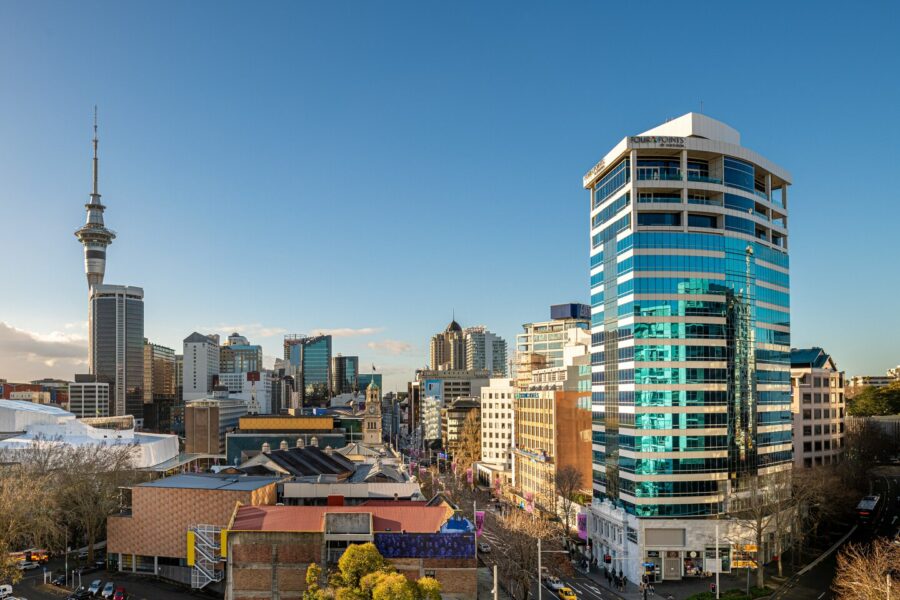
Empowering hospitality entrepreneurs to pursue sustainable practices can help reshape tourism.
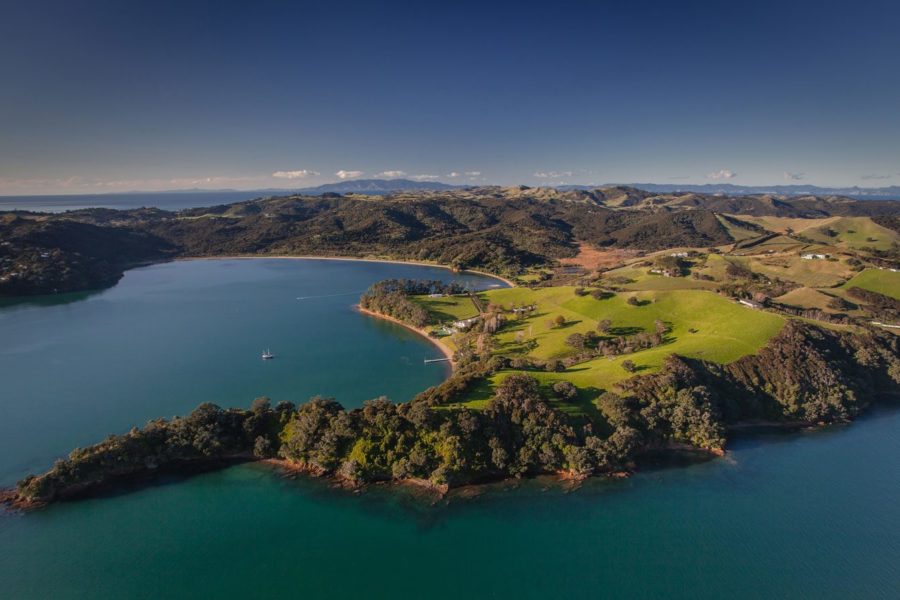
Tourism and hospitality businesses from Waiheke Island and Aotea Great Barrier Island have celebrated completing the Taurikura Initiative.
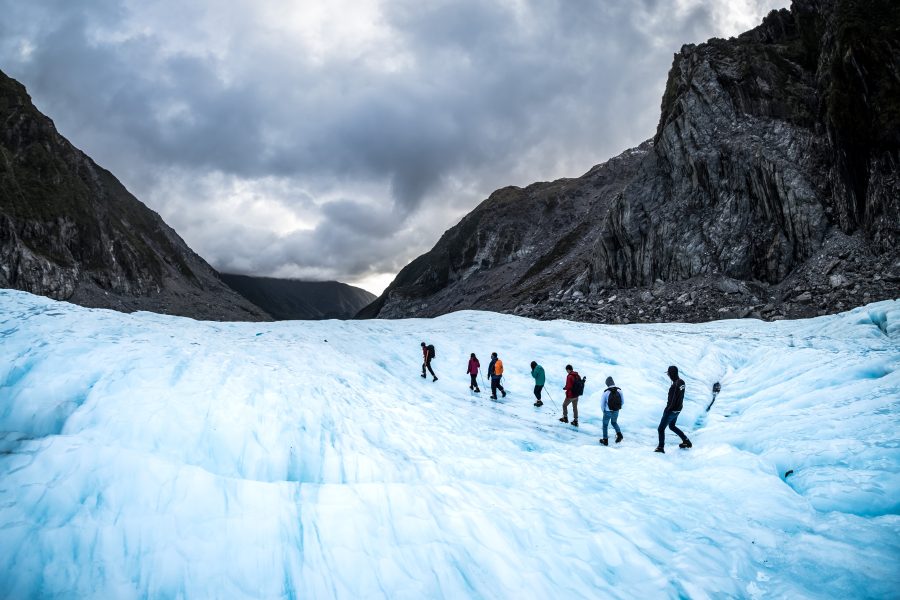
NZ businesses want to do the right thing but face barriers to supporting nature.

The first cohort of tourism businesses to complete the Auckland sustainability programme Taurikura Initiative will be recognised at an event next week.

Qualmark and travel management company Orbit World Travel New Zealand have begun a partnership to highlight and promote sustainable suppliers within the accommodation industry.

Sustainable air passenger journeys and autonomous aerial vehicle integration are two of the key goals in New Zealand’s first Aerospace Strategy.

Japan Airlines is launching a new clothing rental service called Any Wear, Anywhere, which it claims can help reduce aircraft emissions, writes EcoWatch’s Cristen Hemingway Jaynes for the World Economic Forum.